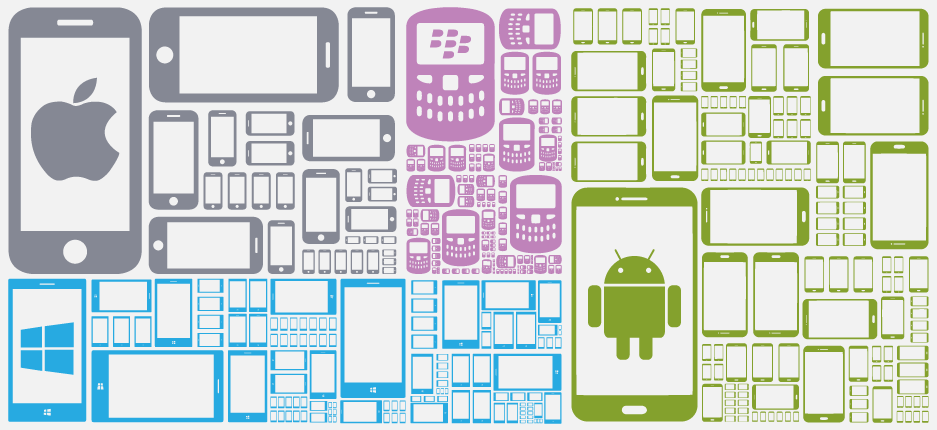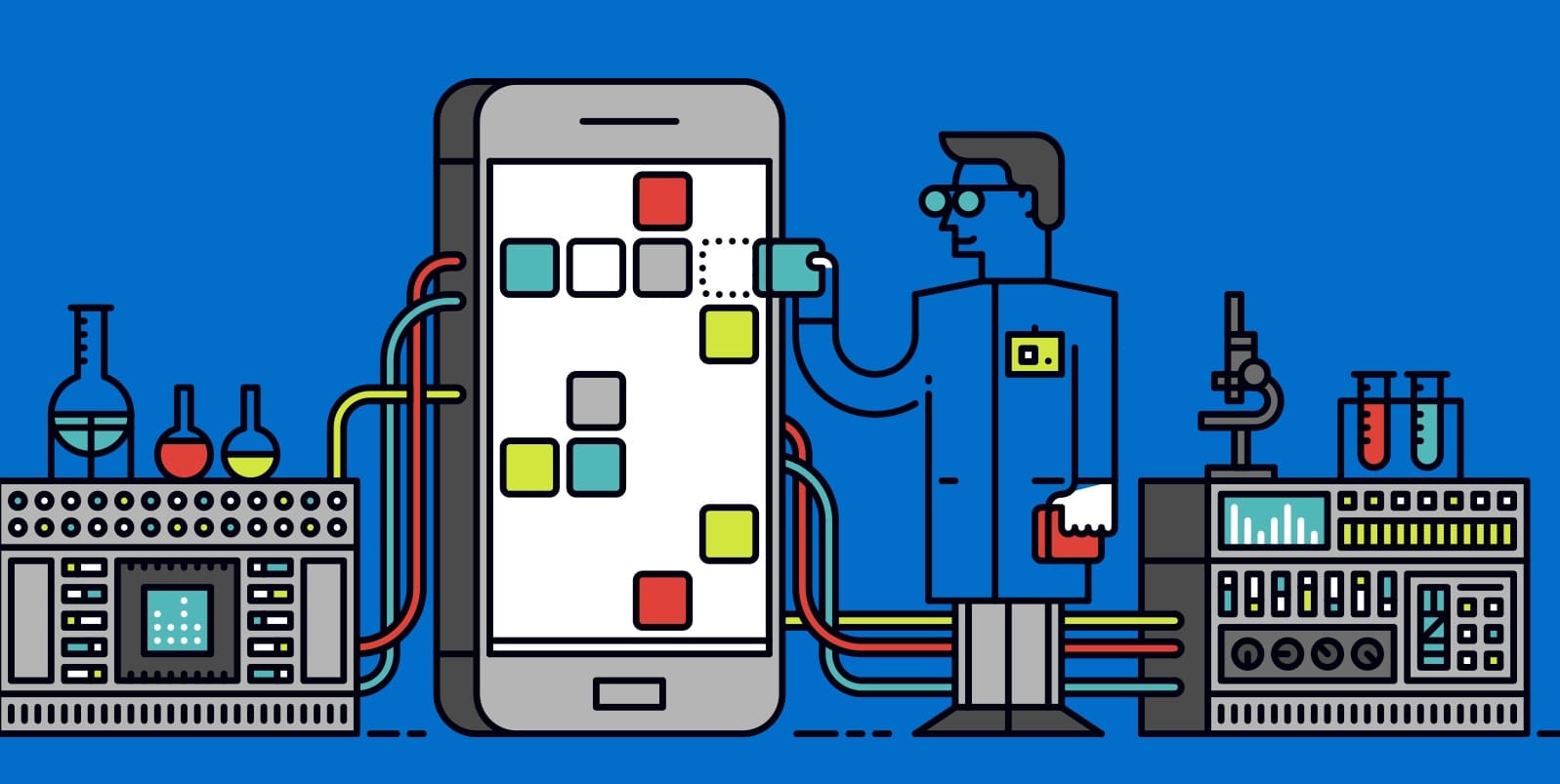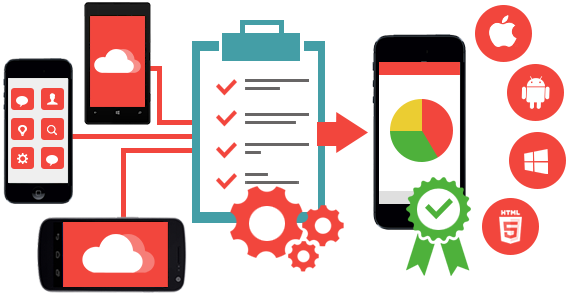QA for mobile apps: why you must do it (and do it right!)

Considering the amount of mobile apps released on the daily basis, no wonder they’ve taken over our lives. As well don’t forget about online behavior of modern users: they want everything to be done immediately and they expect smooth performance from any application they download.
It leads to the conclusion that mobile QA is a crucial factor for the app to be successful. Once you have your app running smoothly, you can relax a bit and focus on app improvement, marketing and promotion instead of fixing bugs.
So what should you keep in mind when you think about mobile QA? Let’s have a look at each step in detail.

QA for mobile: quick overview
Before we get down to the actual testing tips, there are a few things to keep in mind – we can refer to them as challenges.
The most basic and important challenge is to adapt your app for different OS and different devices. For example, an iOS app should run on iPhone and iPad, while Android app should run on a whole variety of smartphones and tablets.
Another thing is connectivity – or the mobile data connection type. We have Wi-Fi, edge, umts, 3G, 4G, etc.
A QA engineer should test each scenario to see how the app behaves.

Here are the types of testing for mobile apps:
· Installation testing. At this stage, you test how your app is installed/uninstalled, whether there are any problems with that.
· Compatibility testing. This means testing how the app performs on different OS and devices. An important thing to keep in mind is: 100% compatibility with all-existing platforms and devices is nearly impossible and incredibly costly. So normally the client, together with the development team, does research on target audience, has a look at statistics on device usage and preferrable OS and then they choose the most suitable option. After that, the development team builds the app and QA engineers test it in the specified conditions.
· Test the UI and UX – from the perspective of the user! See how attractive the app is, whether it is user-friendly and easy to use. As well don’t forget the language – it has to correspond to every country where the app is released.
· Functionality testing. This is simple – you are checking that the app works as intended. In other words, every app feature should perform its function.
· Interrupt testing. This means that you test, how the app behaves when the user is interrupted – by notification, call, SMS, connection loss, low battery, rapid device switch-off. The app should not crash and should resume its functioning once the user gets back to it.
· Testing connectivity. As mentioned above, there are different networks so the app should be tested for each scenario.
· Load testing. In this case you are testing how the app performs in case of traffic load or server load. It’s important not to mix stress and load testing though. During stress testing a QA engineer determines the “breaking point” of the system and load testing checks out how the app performs in normal and anticipated peak load environment.
Such testing allows to determine whether the app is capable to perform smoothly in conditions of anticipated user growth and function properly upon the update release.
· Security testing. This is especially important because it’s aimed at checking how well the private data is stored and secured in the app. During such testing, QA engineers attack the app and search for any boltholes. Security testing allows to prevent the information leak and fraud.

Now what?
As a business owner, you can require your development company to perform mobile app testing together with the development process. Normally the majority of the companies does that so it should not be a problem.
On the other hand, some companies specialize in QA and testing so you may want to use their services as the additional support.
Nevertheless, we highly recommend you to think about your QA strategy before starting to develop the app. Discuss the strategy in detail with the development company and think about the minimal amount of the QA work that you’d like to incorporate into the app building process.

Once again think about compatibility and general quality requirements and discuss it with the company. Don’t hesitate to ask questions or discuss even the most obvious things - everything should be considered before starting to work on the app.
But keep in mind that QA is equally valuable as development and you also have to invest in it. So in order to save money and time, outline the requirements beforehand. And remember: development and QA come together in a team. Both are important and QA is intended not to point out on mistakes but to help the developer excel your product.